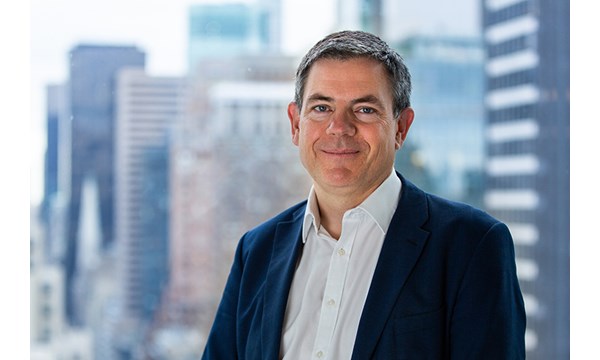Sign up today to get the best of our expert insight in your inbox.
Live from COP29: climate finance at the forefront
The role of development banks in climate finance
Ed Crooks
Vice Chair Americas and host of Energy Gang podcast

Ed Crooks
Vice Chair Americas and host of Energy Gang podcast
Ed examines the forces shaping the energy industry globally.
Latest articles by Ed
-
Opinion
What the "big beautiful bill" means for US energy
-
Opinion
Inside the ‘crazy grid’
-
Opinion
The Big Beautiful Bill is close to passing
-
Opinion
Ceasefire in the Israel-Iran conflict
-
Opinion
The impact of the Israel-Iran conflict escalation on the global energy market
-
Opinion
EBOS: the unsung hero that’s accelerating clean energy deployment
The COP29 climate talks in Baku, Azerbaijan, have climate finance at the top of the agenda. As global leaders and experts gather to deliberate on pathways to a sustainable future, the focus is on how funding from richer nations might facilitate decarbonisation and resilience in poorer and middle-income countries. These discussions are not just about altruism, but recognise the economic interdependence and shared benefits of global climate action. Put simply, poorer countries need financial help to commit to ambitious goals for curbing greenhouse gas emissions.
Development banks have emerged as pivotal actors in the climate finance landscape. Defined by their mandate to lend money for social and economic development on a not-for-profit basis, these banks are uniquely positioned to leverage limited resources for maximum impact. For example, with every dollar invested, a development bank can secure an additional seven to nine dollars from capital markets, a feat not readily achievable by direct government funding.
Harry Boyd-Carpenter, Managing Director for Climate Strategy and Delivery at the European Bank for Reconstruction and Development, and Avinash Persaud, Special Advisor on Climate Change at the Inter-American Development Bank, join our host, Ed Crooks to highlight that development banks are central to the current climate finance discourse. Their ability to mobilise large sums of money and finance long-term, low-cost projects makes them indispensable to the climate goals set at COP 29.
Champa Patel, Director for Governments and Policy at the Climate Group, also joins the discussion. She points out that although there is much at stake, the multitude of unresolved issues makes optimism challenging. Even so, the potential benefits of achieving a robust and effective climate finance mechanism justify the effort and dedication of all involved.
The goals are ambitious, but the path ahead is fraught with challenges. Key issues include defining what constitutes climate finance, setting a quantitative goal, determining who can access these funds, and on what terms. The lack of consensus on these crucial aspects makes the discussions at COP 29 particularly intricate.
Listen to our first in a series of episodes recorded live from COP29 in Baku for all of the key developments, insights and commentary from this important global event.
Let us know what you think. We’re on X, at @theenergygang. Subscribe to the show so you don’t miss episodes. Available on Apple Podcasts or Spotify.
This episode is brought to you by Enbridge. Listen to Enbridge and GZERO’s podcast Energized: The Future of Energy







